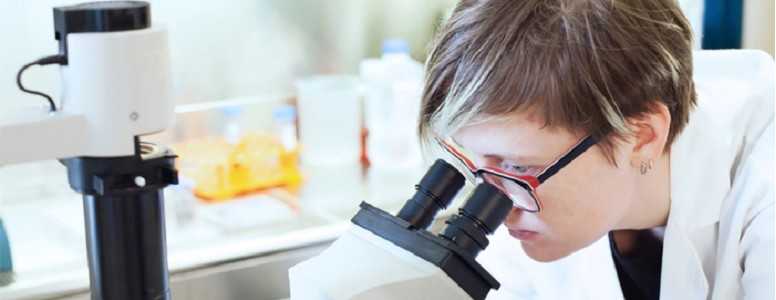A small trial will investigate whether an immunotherapy treatment could stop the progression of type 1 diabetes.
The new treatment is called MultiPepT1De and targets the autoimmune attack that leads to the development of the disease.
The drug will be trialled on 24 people newly diagnosed with type 1 diabetes by autumn 2016 in the Biomedical Research Centre at Guy’s hospital. The participants need to be aged 18-45 and still have some insulin secretion.
What is MultiPepT1De?
MultiPepT1De is based on an area of study known as peptide immunotherapy. It is designed to ‘switch off’ the autoimmune attack in type 1 diabetes, and researchers hope the drug can prevent further destruction of insulin-producing pancreatic beta cells.
A previous trial found that the first generation of MultiPepT1De, called MonoPepT1De, led to positive effects in people with type 1 diabetes. It was also shown to be safe and well tolerated.
MultiPepT1De is a more powerful drug. It contains peptides, which are small fragments of protein molecules found in pancreatic beta cells. If the trial is successful, and MultiPepT1De prompts the immune system to protect the beta cells, it could be used to treat people with type 1 diabetes.
Lead author Professor Mark Peakma, King’s College London, said: “If we get in with this therapy early enough we may be able to protect the beta cells that remain in those patients so that they continue to make some of their own insulin which would give them better control of blood glucose and mean their risk of future complications of diabetes is reduced.”
How will the study work?
The volunteers will all receive six injections of MultiPepT1De, four weeks apart. Researchers will be assessing the safety of the drug and whether any protective effects continue following treatment.
If the drug is successful, it will act like a vaccine against type 1 diabetes. But the researchers are keen to stress that development is at an early stage.
Karen Addingto, UK Chief Executive of JDRF, said: “If we can teach the immune system to stop attacking the insulin-producing beta cells in the pancreas we can potentially prevent type 1 diabetes from developing.
“This would be a major breakthrough. Incidence of the condition is rising, especially among young children, so research projects like this must be supported.”
The eventual aim of the researchers is to test MultiPepT1De on children and prevent the loss of insulin production.





